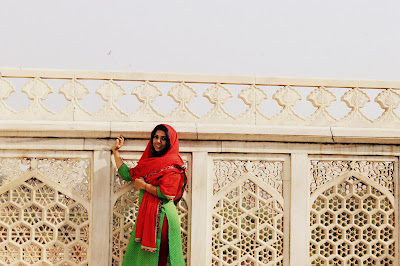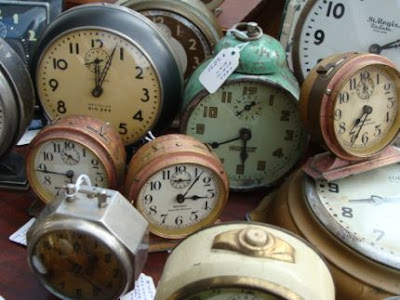Their love for each other was all encompassing. They were one but they had a fair share of individual passions that did occupy a large part of their lives. She was devoted to art. All forms of art. He was a slave to poetry and rhetoric. They were both alike, in love and hungry to spend time together but they cautiously devised a "sphere of no interference". They called it so to completely rule out the issues that arise from the demand and inadequate supply of the much talked about "space". Space was very well demarcated yet fluid between them. They were so unerringly comfortable with each other that it seemed that they had always been together. Long enough to have merged together into a single being.
They spent a lot of time together. He told her all about religion and law and philosophy and she introduced him to her arts. She was shocked on the revelations he made about his religion. The misinterpretations and the lack of knowledge that society presents to an individual as a ready dish on a platter is thoroughly misleading, thus, the root cause of a million misconceptions, she thought. She learnt about their practices and the significance of those practices. It was almost as if society had stripped away the intricacies and the simple logic behind rituals and depicted them in a light that was almost horrendous. But, she learnt and understood and liked it. It was almost like an influx of something she always wanted to know. She appreciated and felt attached to the idea of that religion since she was a little girl and finally being so close to someone practicing it seemed almost like she had become what she always wanted to be, a hybrid with as much freedom to practice a religion as the nation promises.
Her involvement with the religion began early in life, when she accompanied her mother to an auspicious and pious religious spot. She loved the air, the music, the smell and everything around. She loved how people had their heads covered as they enter it. As a young girl she loved to play with dupattas. She wanted to wear a dupatta like her mother did and dance around with it. It was nothing more than a piece of cloth, a trend, that she appreciated but nothing less than an obsession. She stood near her cupboard with a myriad of colourful dupattas thinking about old times,"how simple things become complicated as one grows up ?" A pretty, colorful, decorative dupatta is a symbol of purdah, she thought. But, there is no harm in using it if not imposed. Why not wear a dupatta if you like wearing it. Why complicate things by reading too much into their significance. A dupatta doesn't necessarily signify oppression or purdah. She, for one, wore it for beauty and she loved it !
With that thought she picked out the most colorful of her dupattas and wore it around her neck, looked at herself in the mirror and and smiled. She felt beautiful. She decided to take him to the kind of "Art trips" she loved. She wanted to introduce him to that part of her that belonged to a different time, a different age altogether. She met him at the tea stall where they first met. He looked at her and smiled raising one of his brows. He meant, "You look beautiful" and she laughed because she understood. How beautiful is love when it becomes independent of the servitude of speech, when souls and silences become the new language.
P.S.- The pictures are mine, nothing else ! :)









